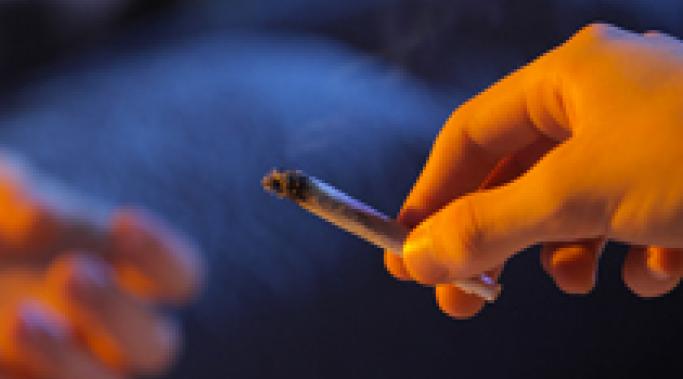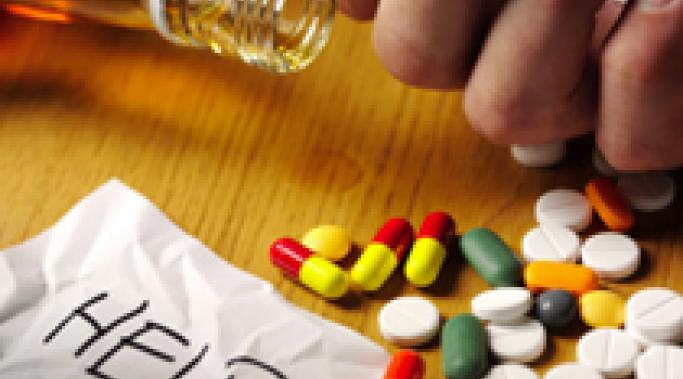Because of my youth, I wonder whether mental health screenings should be done in schools. Much of my childhood was spent being shuttled from doctor to doctor in an effort to figure out what was wrong with me (Why Can Mental Illness Be So Hard to Diagnose?). Everyone agreed there was some kind of mental health condition, but no one could decide on a treatment. So most of my childhood was spent depressed with occasional bouts of psychosis. This led me to ask, "Should mental health screenings be done in schools, just as vision and scoliosis screenings are?"
Recovering from Mental Illness
My therapist will be taking a leave of absence for most of January due to major surgery. We spent the last session planning what to do since we won't be meeting for about a month. I have other people on my treatment team I can check in with, but not everyone is so fortunate. This made me realize it might be a good idea to write about how to deal with a therapist's absence.
Staying sober during the holidays can prove difficult thanks to all the merrymaking aided by large quantities of alcohol. For example, my family drinks like fish, and one year Dad gave my two brothers alcohol for Christmas. But I stayed sober even though I have a substance abuse problem, and I plan on doing it again. Here are some ways to stay sober during the holidays.
Obsessively healthy eating has a name, it's orthorexia nervosa. While not clinically recognized in the Diagnostic and Statistical Manual of Mental Disorders, Fifth Edition (DSM-5), orthorexia nervosa--literally fixation on righteous eating--is no less real to those who suffer from it. Recently I interviewed a doctor about this condition and asked her the question many people with it ask--"When did eating right become bad?" The answer--"When it becomes excessive . . . When it interferes with activities of daily living" (Eating Disorder Facts: Who Gets Eating Disorders?). For example, skipping meals because the "right" food isn't available is not uncommon. Obsessively healthy eating -- orthorexia nervosa -- can be very unhealthy.
There is a difference between drug abuse and drug experimentation. When I was in the state hospital, I was questioned extensively about my use of substances. I admitted to using marijuana twice, both times for medical reasons. So according to my file, I abuse marijuana (Using Marijuana to Manage Mental Health Symptoms). I argued that there's a big difference between drug experimentation and drug abuse. In experimentation, one can take it or leave it. Drug abuse occurs when the person has to have the substance in question despite negative consequences. Drug experimentation does not always equal drug abuse. In this video, I discuss the difference.
Seasonal depression exists but so do seasonal depression remedies. Seasonal depression exists in my part of the world, where winter brings with it subzero temperatures and short hours of sunlight. This can make even the most chipper of us feel down. Whether it's winter blahs or full-blown seasonal affective disorder (SAD), it's not fun to experience, and sufferers want to get better quickly. I've recently had a bout and here's my three things to try for seasonal depression.
There is a serious lack of treatment for dual diagnosis with substance abuse. A dual diagnosis is two co-occurring mental health conditions, in this case, one of which is a substance abuse disorder. The use of substances as a way to cope with psychiatric symptoms is so common there's a term for it: "self-medicating." Treatment for dual diagnosis with substance abuse is critical, but few get treatment.
If your holiday is making you depressed, you should know this is actually pretty common. While it is a mental health myth that the suicide rate goes up during Christmas, that does not negate the fact that many people find the holidays to be a drag. It's okay to feel that way--holidays are a stressful time, and our culture demands a "perfect" holiday so anything that falls short may seem like a personal failure (What Is Holiday Depression?). But the good news is you don't have to have a "perfect" holiday, and there are things to try if your holiday is making you depressed.
The first stage of mental illness is denial. It's also a common symptom of mental illness and a barrier to treatment. So how do you help people in denial of their mental illness? While it may seem hopeless, there's actually quite a bit that you can do.
Do you know how to cope with self-harm thoughts? Self-injury is a highly stigmatized behavior that is common among people with borderline personality disorder. Self-injury is never a healthy coping skill, and people thinking of self-harm should fight against it by using healthy coping skills. But what healthy coping skills should one use? Here are ways to cope with self-harm thoughts.









